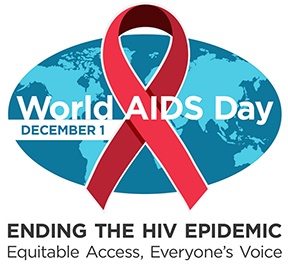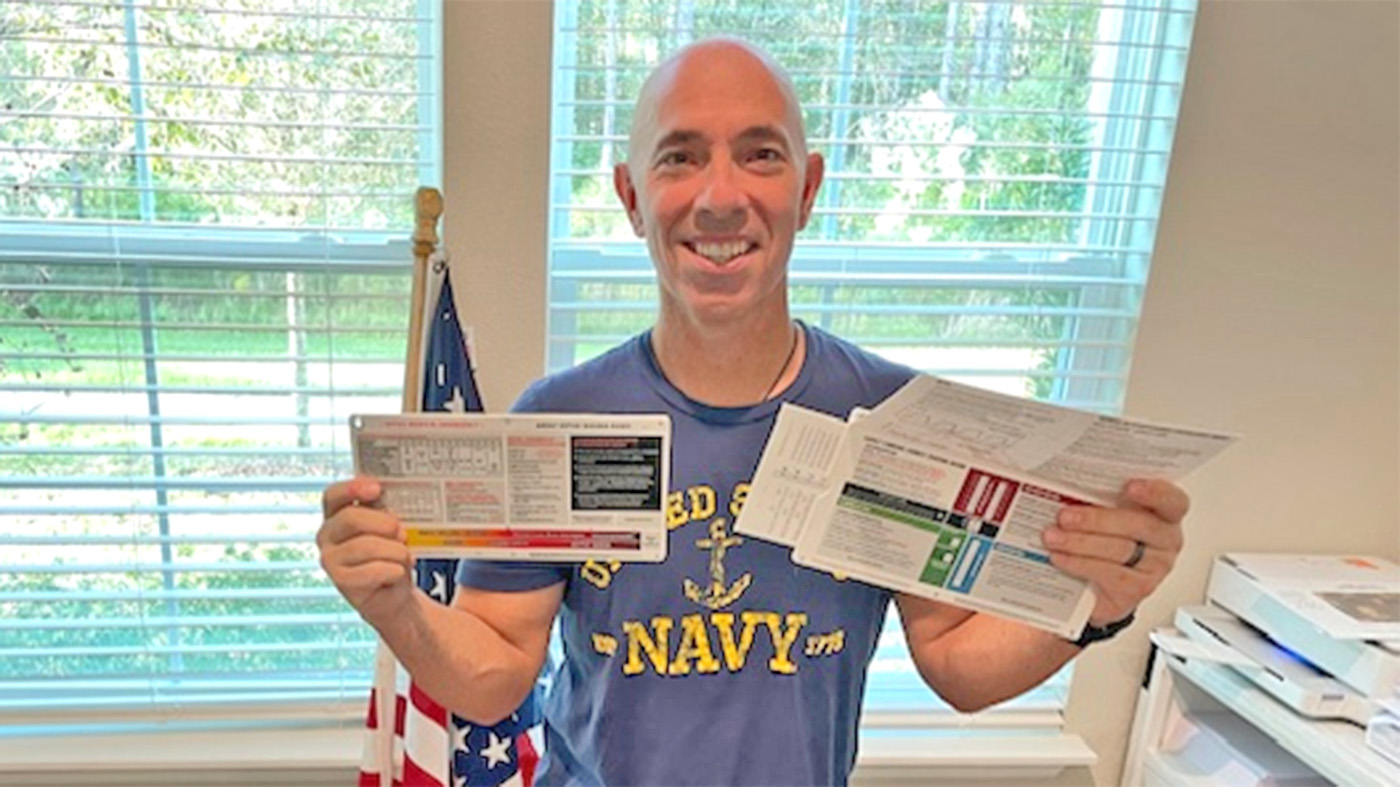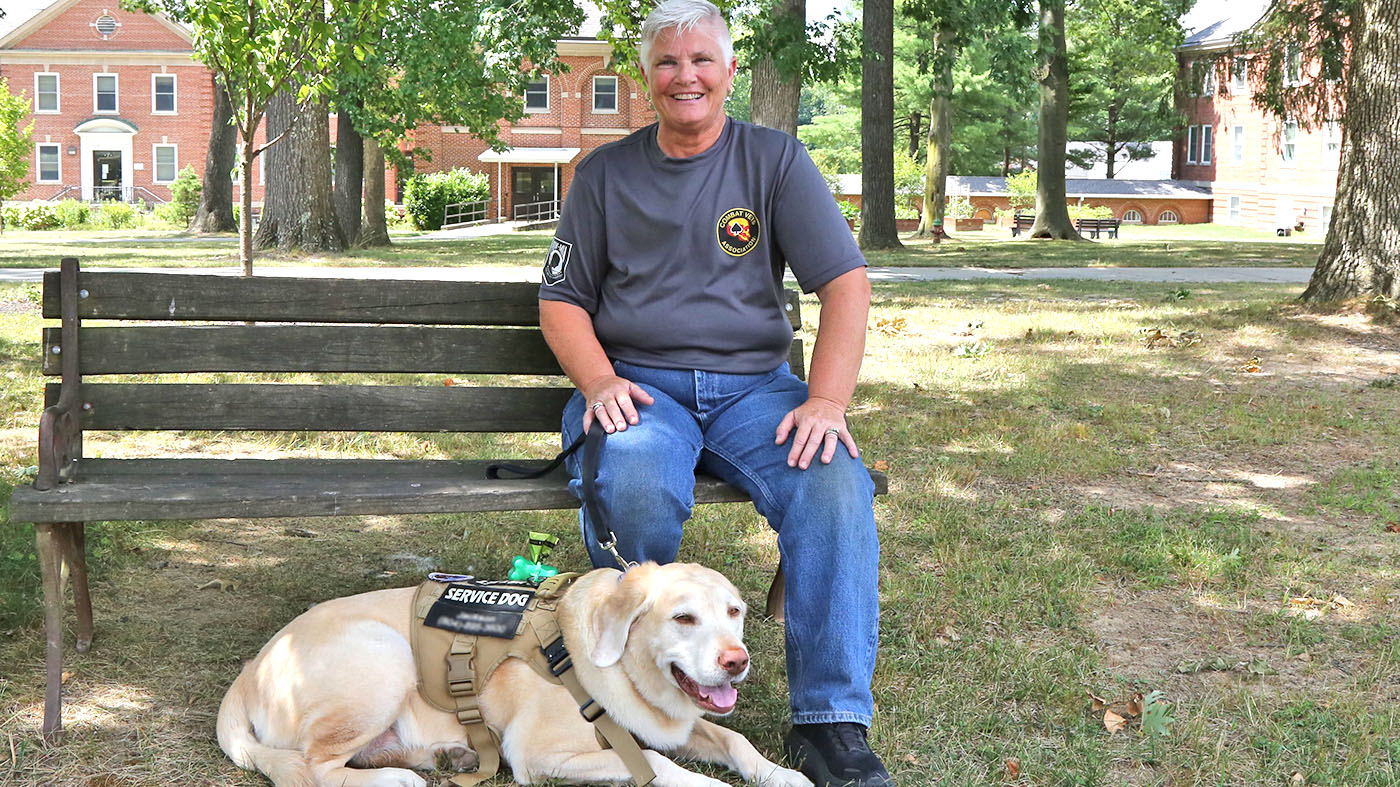Every year on Dec. 1, World AIDS Day, VA takes time to reflect and renew our commitment to ending HIV. This year is especially important as we recently marked 40 years since the first cases of what would later become known as AIDS were reported.
40 years later, we are in a critical position to make a big impact on ending HIV. We have some essential tools to reduce the number of new infections, especially among our Veterans. In keeping with the national theme of “equitable access, everyone’s voice” this year, we are making sure these tools are available to all Veterans in our care and spreading the word about their effectiveness.
To end HIV, VA is highlighting the following tools:
PrEP
PrEP stands for Pre-Exposure Prophylaxis, and it means taking a medicine before you are exposed to an infection, to prevent that infection. In this case, the infection is HIV. HIV PrEP is a daily medication (Truvada or Descovy) that is very effective at preventing HIV and it is available at VA! Talk with your VA provider about whether PrEP is right for you.
U=U
Did you know that there are over 31,000 Veterans with HIV receiving care from VA? These Veterans have access to the best HIV medications that can keep their viral load undetectable. That means the amount of virus in the blood is so low that it cannot be detected by blood tests. When people with HIV have a consistently undetectable viral load, they do not pass the virus along to others via sex. A good way to remember this is U=U or “Undetectable = Untransmittable.”
If we make sure everyone with HIV and AIDS is on treatment and the virus is undetectable in their blood, they are healthier and they will not pass the virus on to their partners.
Syringe Services Programs
Syringe services programs (SSPs) provide people who inject drugs access to sterile syringes, and to other important services like education about overdose prevention and safer injection practices. Sharing injection equipment puts you at higher risk for getting HIV.
If you inject drugs, talk to your VA provider about safer injection practices, including accessing sterile syringes. Your health care team can help connect you with information and resources you might need to keep yourself safe and as healthy as possible.
Routine Testing
Everyone should be tested for HIV at least once. Routine testing helps to identify HIV infection early and link people to treatment. If you’ve never been tested, ask your provider about it at your next appointment. If you are at risk, ask about regular testing.
With everyone helping to spread the word about these effective tools, we can end HIV. Learn more: www.hiv.va.gov.
Topics in this story
More Stories
Forget 'No Pain, No Gain'—try 'No Pain, More Gain' with Tai Chi! Calm the mind and gift yourself well-being in this week's #LiveWholeHealth practice.
Critical care dosing guides are critical in emergency care where a clinical team’s skill and focus matter most.
Combat Veteran faces the traumatic events of her PTSD during prolonged exposure therapy and looks forward to the days to come.







